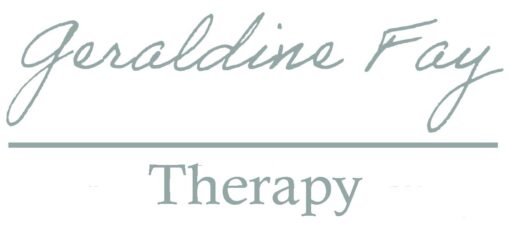Soul loss, soul retrieval, shamanic healing counselling therapy Dundalk, Co. Louth, Ireland
The phrases “Soul Loss” and “Soul Retrieval” seem to be everywhere these days. Although the term Soul Loss may seem spiritual, mystical, it is simply another way of phrasing a very real state. So what exactly is soul loss and how you find your soul again?
The Modern Meaning Of Soul Loss
In modern terms, soul loss (also referred to as soul fragmentation or soul injury) describes a feeling of disconnection from one’s self, from others around you and from life itself. It may also manifest as a loss of sense of purpose, feeling lost in life, lack of direction or a feeling of being at a distance from your own emotions or feelings.
In the world of psychology, someone who is experiencing soul loss would be someone who is confused about who they are, they have lost their connection with themselves, their spirit, their soul. This may appear as a disassociated state, depression, loss of vitality, no joy in life, prolonged grief, underlying sadness, general anxiety and general fear.
In modern psychotherapy, soul loss is viewed as a consequence of trauma. The soul is not lost literally, rather the term is a metaphor for the fragmentation and partial loss of one’s core identity, a disconnection from parts of the self that are too painful to be dealt with. It is a defensive dissociation.
Soul Loss In Spiritual Terms
While soul loss is rooted in ancient spiritual or shamanic traditions, it is nevertheless a very real state of being in our modern world. In shamanic terms, part of the soul separates from the body as a result of trauma, as a way of coping with overwhelming life experiences. This trauma may be one big traumatic event, a series of seemingly inconsequential events or a continual denial of oneself in order to be acceptable to others.
Part of the soul retreats into a ‘safe space’ in order to avoid being hurt. This state is very common in someone who has experienced childhood trauma. The trauma doesn’t have to be a big or dramatic event, it more commonly occurs when the child is continuously forced to deny their true self in order to conform to the expectations of the adults around them.
This constant compression of their true nature eventually causes parts of their soul to retreat and hide as protection from harm or complete obliteration (soul fragmentation). These soul fragments often retreat into what Carl Jung refers to as ‘The Shadow’. The shadow self is where we unconsciously hide those parts of our Self that are deemed not acceptable by those around us as we grow up.
This is a common childhood survival strategy that, while being useful in childhood, can often cause psychological, mental and emotional issues in adulthood. The grown child is often left with feelings of not being grounded/rooted in their life. They can often feel disconnected from the people around them, be unable to form secure attachments or healthy emotional bonds. They are very likely to find themselves in relationships with narcissists, repeating their childhood pattern of hiding their true Self in order to be accepted.
Soul Retrieval
Soul retrieval is a spiritual shamanic healing practice that aims to restore all the lost fragments of a person’s soul and heal them back into the whole, thus restoring mental, emotional and physical health.
As a shamanic practitioner, I go on a shamanic (spiritual) journey for my client who wishes to retrieve their lost soul fragments. This journey is an inner journey into an altered reality. In this reality I look for the last soul parts and ask them if they wish to return to their original soul. Usually most soul parts are willing to return although sometimes a particular part may not wish to return until the person is not ready to be healed from that particular trauma.
When I return from the journey, I ‘blow’ the soul fragments back into your body where they slowly integrate back into the whole. this process can take several hours, days or sometimes weeks, so be patient with yourself.
An average soul retrieval journey takes 50 – 60 minutes and can be done as successfully online as in person. Sometimes one session may be enough but, in the cases of complex trauma, several sessions may be needed. After your first session, you will know/feel if you needs another one.
More Information
Please get in touch for more information. If you would like to meet me, have an informal chat and ask your questions, you can arrange an initial no obligation contact call, click on the button below for my contact details.
